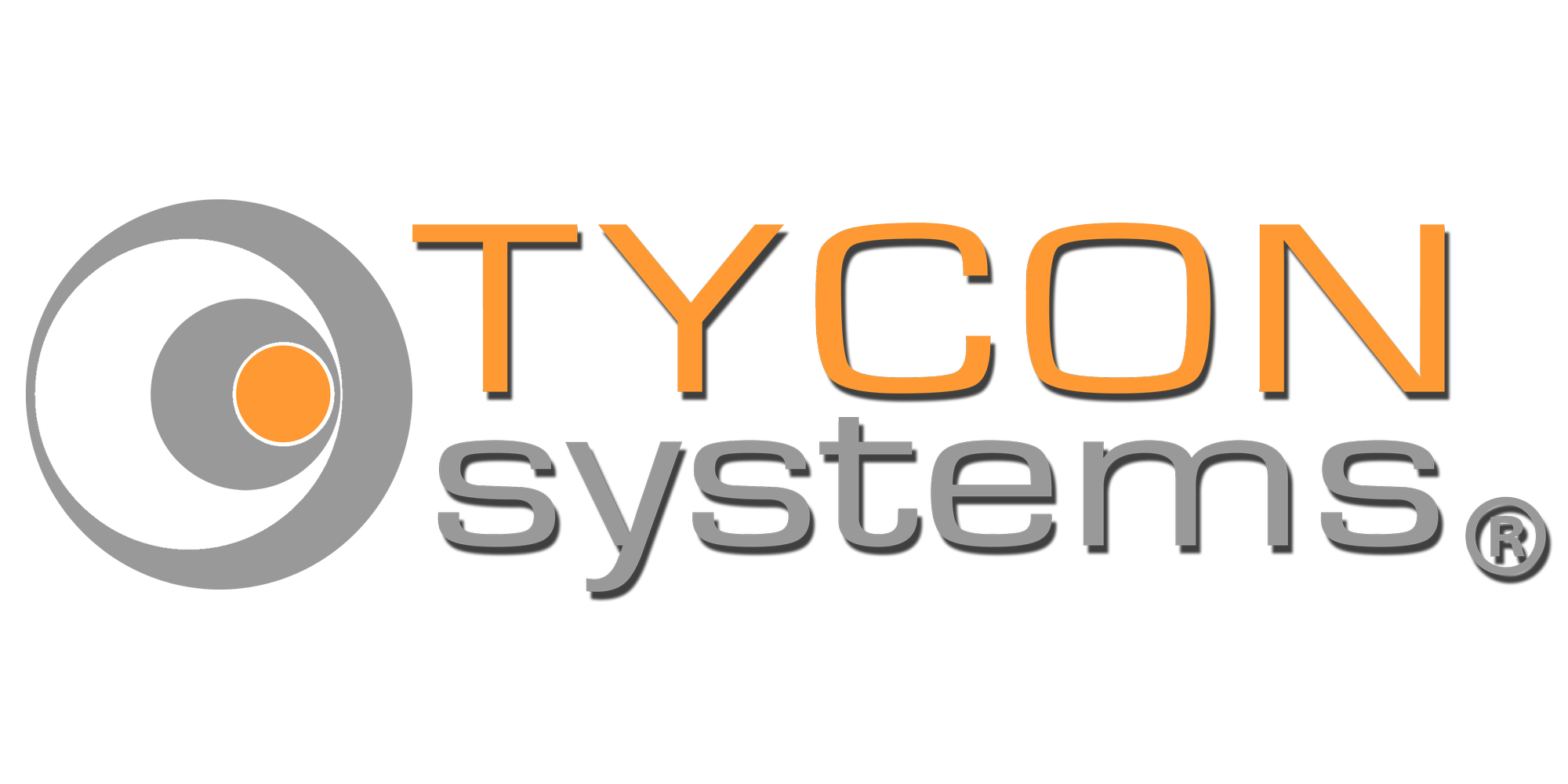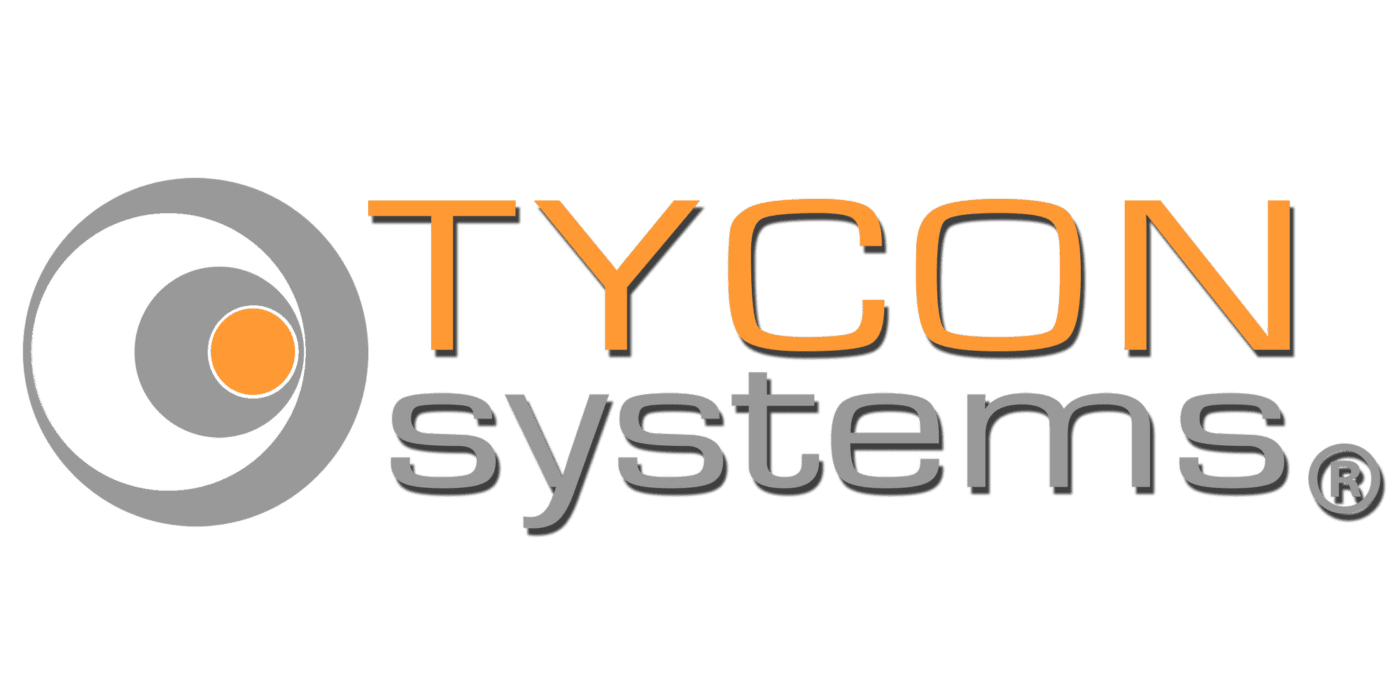TREND 5: Designing for Longevity: Why Lifecycle Engineering Matters for Sustainable Power
 Introduction: The Overlooked Side of Sustainability
Introduction: The Overlooked Side of Sustainability
Designing for Longevity: Why Lifecycle Engineering Matters for Sustainable Power. When the world thinks about renewable energy, the focus often lands on innovation in generation technologies—more efficient solar panels, advanced batteries, or powerful microgrid systems. But there is another, equally vital factor shaping the future of sustainable energy: longevity.
A solar system that lasts 20 years instead of 10, or a UPS backup solution that remains reliable with minimal maintenance, is not only more cost-effective but also far more sustainable. Extending product lifecycles reduces waste, conserves resources, and maximizes return on investment.
This is where lifecycle engineering becomes a decisive factor in the renewable energy sector. At Tycon Systems®, lifecycle engineering is not just a design philosophy; it is a guiding principle that ensures every product is rugged, reliable, and built to perform for years in the toughest conditions.
Why Lifecycle Engineering Matters in Renewable Power
- Reducing Environmental Impact
Every time a solar panel, battery, or controller reaches the end of its lifespan prematurely, it contributes to e-waste. By designing products to last longer, Tycon reduces the frequency of replacements, lowering the environmental footprint of renewable systems.
- Economic Sustainability
For businesses, municipalities, and NGOs, cost predictability is essential. Long-lasting solutions mean fewer maintenance trips, fewer replacements, and less downtime—all of which directly improve ROI.
- Reliability in Mission-Critical Applications
When power is supplying hospitals, telecom towers, disaster recovery teams, or rural communities, failure is not an option. Systems designed with lifecycle durability in mind provide reliability even in extreme climates or unstable conditions.
- Supporting Global Energy Equity
Underserved populations benefit most from solutions that are not only affordable but also resilient. A power system that endures for years without costly replacement ensures long-term access to energy in regions where resources are scarce.
Tycon’s Approach to Lifecycle Engineering
Rugged Design Standards
Tycon products are engineered for outdoor deployment, often in environments where heat, humidity, dust, or storms can compromise equipment. From weatherproof enclosures to industrial-grade components, Tycon designs for real-world resilience.
Modular, Serviceable Systems
Instead of forcing customers to replace entire units, Tycon often designs systems with modularity in mind. This allows individual components to be upgraded or replaced without discarding the entire system—extending overall product life while reducing waste.
Proven Long-Term Reliability
Products like the RemotePro® off-grid solar systems and UPSPro® backup solutions are field-tested across the globe in conditions ranging from deserts to coastal regions. These deployments validate Tycon’s commitment to lifecycle durability, demonstrating that their solutions can operate for years with minimal intervention.
Monitoring for Maintenance Efficiency
Longevity also depends on preventive care. Tycon integrates remote monitoring options into its systems, allowing operators to detect performance issues early, reducing on-site visits, and keeping systems operating at peak efficiency.
Industry Applications: Longevity in Action
Telecom and Wireless Connectivity
Telecom providers rely on Tycon’s RemotePro® systems to power rural towers and Wi-Fi hotspots. With extended lifecycles, providers reduce operational costs while ensuring uninterrupted connectivity for remote communities.
Healthcare and Mobile Clinics
In mobile medical units and rural clinics, UPSPro® solutions ensure continuous operation. Longevity in these systems means that patients are never left without care due to power failures, and NGOs can allocate resources to services rather than equipment replacement.
Smart Cities and Infrastructure
Urban infrastructure—such as surveillance networks and IoT devices—requires dependable power. Tycon’s rugged systems are designed for years of operation with minimal servicing, keeping city systems online without costly downtime.
Disaster Relief and Emergency Response
Aid organizations need deployable power that works the first time and every time. Tycon’s long-life solutions ensure that humanitarian missions are not compromised by equipment failure or premature breakdown.
Case Studies: Tycon’s Lifecycle Engineering in Practice
- Rural Telecom in Southeast Asia: A network of RemotePro® systems has been operating for nearly a decade, delivering reliable connectivity with minimal maintenance—proving that rugged design pays off in longevity and performance.
- Emergency Response in Central America: UPSPro® solutions deployed after hurricanes have continued to operate for years, offering resilient backup power to clinics and response units without requiring costly replacements.
- Smart Surveillance in U.S. Cities: Municipalities using Tycon solar power systems for cameras and sensors report reduced maintenance costs and sustained uptime thanks to modular components and rugged build quality.
The Future of Lifecycle Engineering in Sustainable Power
As renewable energy adoption accelerates, the conversation around sustainability is shifting from “how do we generate more clean energy?” to “how do we ensure that clean energy solutions last longer and perform better?”
In the next five years, lifecycle engineering will likely play a central role in shaping policy, customer expectations, and design standards:
- Circular Economy Models: Companies will be pressured to design systems with reuse, recycling, and longevity in mind.
- Performance-Based Contracts: Customers may prioritize vendors that guarantee not only efficiency but also long-term reliability.
- AI and Predictive Maintenance: Smart monitoring will enable predictive service models, extending product life through early interventions.
- Funding and Incentives: Governments and organizations may offer financial support for systems designed with lifecycle durability as a sustainability metric.
With its proven expertise in rugged design, modular systems, and remote monitoring, Tycon Systems® is poised to lead this transition, offering solutions that are both technically advanced and built to endure.


